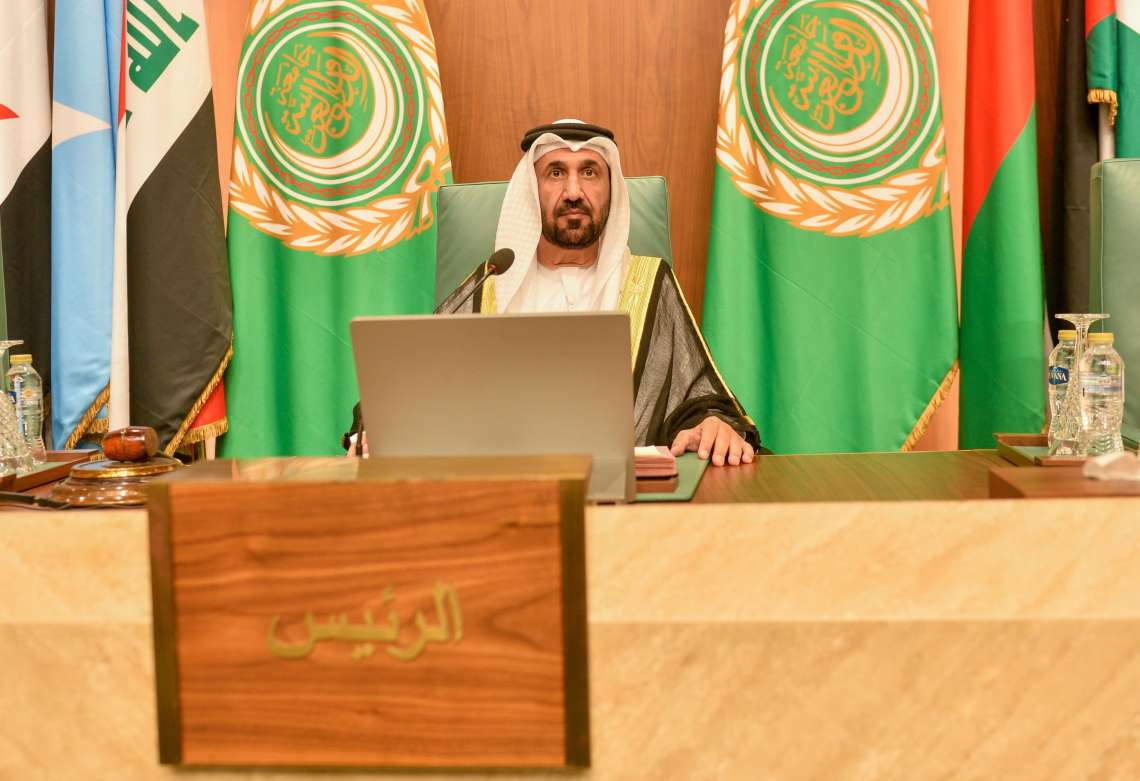The slump that the coronavirus has created in the fossil fuels sector, combined with the resilience of clean energy, have made it clear that renewable energy is a smart investment, says a new UN report.
As COVID-19 hits the fossil fuel industry, energy is more cost-effective than ever – providing an opportunity to prioritize clean energy in national economic recovery packages and bring the world closer to meeting the goals of the Paris Agreement, according to The Global Trends in Renewable Energy Investment 2020, a collaboration between the UN Environment Programme, UNEP, Frankfurt School-UNEP Collaborating Centre, and energy financing company, BloombergNEF.
Against the backdrop of governments injecting huge amounts of money into their economies to offset the impact of coronavirus lockdowns, UNEP chief Inger Andersen; Nils Stieglitz, President of the Frankfurt School of Finance and Management; and Jon Moore, Chief Executive BloombergNEF, maintain in the foreword that “putting these dollars into renewables will buy more generation capacity than ever before”, and help countries deliver on stronger climate action.
“The chorus of voices calling on Governments to use their COVID -19 recovery packages to create sustainable economies is growing,” maintained Ms. Andersen.

“If governments take advantage of the ever-falling price tag of renewables to put clean energy at the heart of COVID -19 economic recovery, instead of subsidizing the recovery of fossil-fuel industries, they can take a big step towards clean energy and a healthy natural world – which ultimately is the best insurance policy against global pandemics,” concluded the UNEP chief.
The report illustrates that apart from large hydro-power generation, in 2019, renewable energy grew by a record 184 gigawatts (GW).
Meanwhile, technology improvements, economies of scale and fierce competition, have prompted the cost of wind and solar electricity to continue to drop over the last decade, resulting in and 83 percent price drop for electricity from new solar photovoltaic plants, in the second half of 2019.
Although this represents good progress, the report notes that “there is room to do much more.”
Nations and corporations have made clean energy commitments over the next decade, for 826GW of new non-hydro renewable power by 2030, at a likely cost of around $1 trillion.
Also Read: With costs coming down, renewable energy best choice for global recovery
Also Read: Masdar, Uzbek Govt signs pact for 500MW wind project








